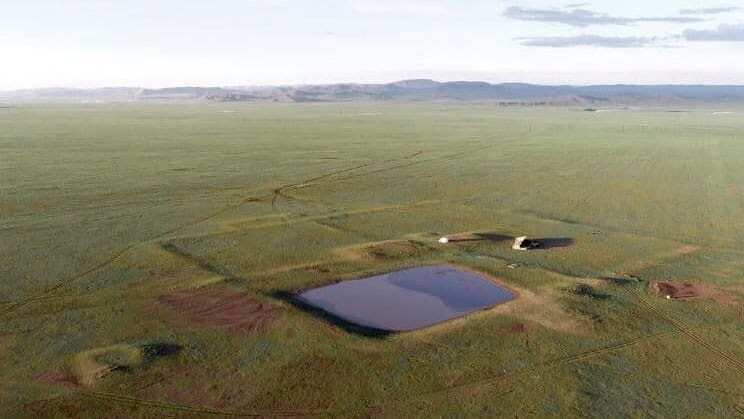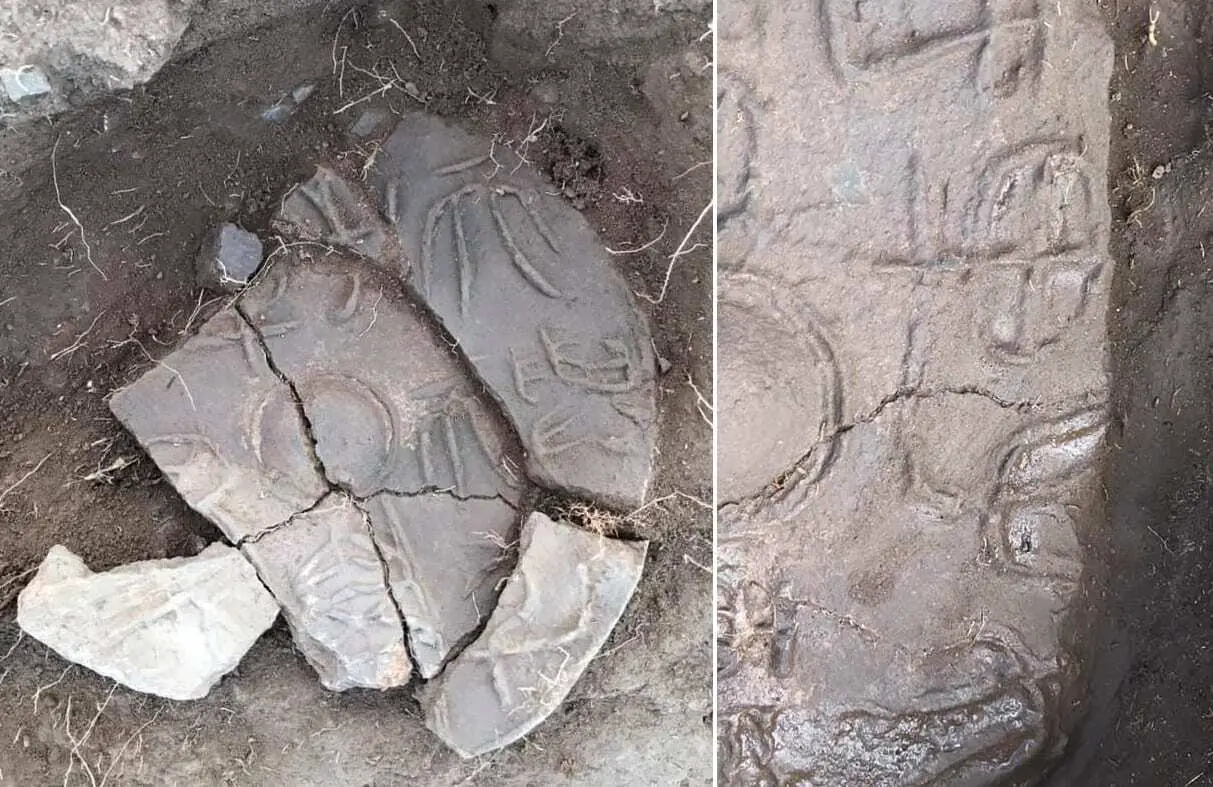Archaeologists conducting excavations in central Mongolia along the Orkhon River believe they have discovered the “Dragon City” of Luut/Luncheng, the Xiongnu/Khunnu capital.
The Xiongnu were a tribal confederation that inhabited the eastern Eurasian Steppe from the 3rd century BC to the late 1st century AD. The ruler of the Xiongnu was called the Chanyu, who exercised direct authority over the central territory from Luncheng. Their relations with adjacent Chinese dynasties to the south-east were complex, with repeated periods of conflict and intrigue, alternating with exchanges of tribute, trade, and marriage treaties.
Excavations financed by the Ulaanbaatar State University in the Ulziit district of Arkhangai province first made the discovery in 2017, but details of the findings have only now been published in local media.

Iderkhangai Tumur-Ochir, leader of the archaeological research team from Ulaanbaatar State University said: “The city is believed to have originated in the Khangai Mountains of Mongolia, according to ancient sources.”
The researchers revealed that the city has a double wall and a man-made pool used for water management or a reservoir. Excavations found the remains of a structure that was decorated with an ancient kanji inscription stating, “Son of Heaven” which is the first evidence found within the region to suggest the site is the Dragon City of Luncheng.
Iderkhangai told Xinhua “”As a result of more than a decade of research on the political centre of the Xiongnu Empire, I am very happy that we have discovered and excavated the empire’s capital Dragon City or Luncheng City”
Header Image Credit : Iderkhangai Tumur-Ochir





